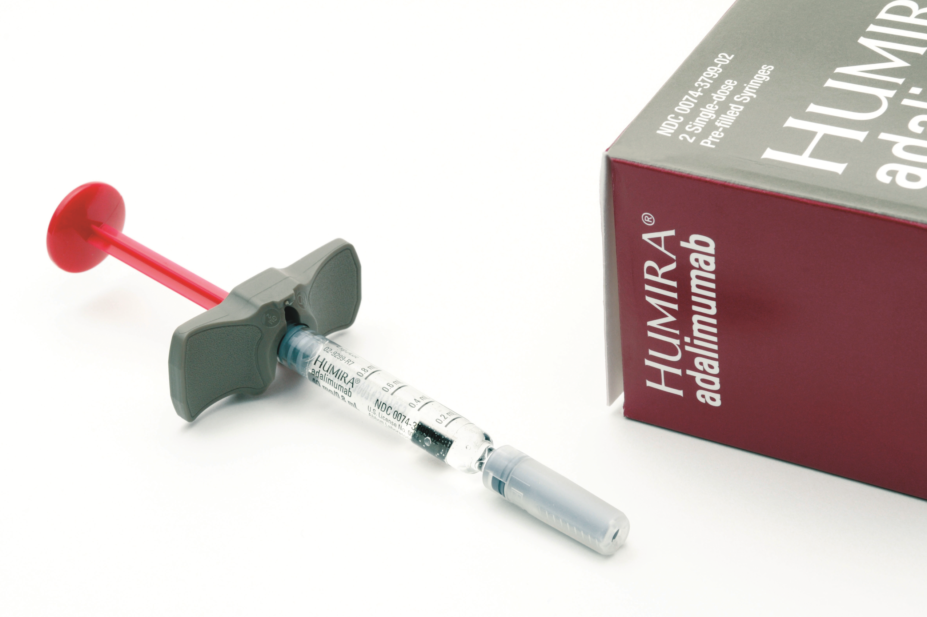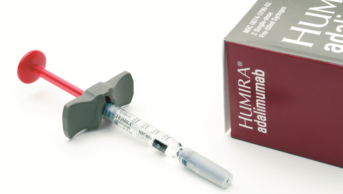
Alamy
Less than half of patients (47%) were asked for their consent before being switched to an adalimumab biosimilar, according to the preliminary results of a patient survey carried out by the National Ankylosing Spondylitis Society (NASS).
At a Westminster Health Forum policy conference on 16 July 2019, Sally Dickinson, head of information and support services at NASS — the only Ankylosing Spondylitis charity in the UK — presented the results, saying the aim of the survey was to look at patients’ experiences using the information provided by their hospital and their experience of the biosimilar product itself. It asked that patients were on the biosimilar for at least 12 weeks, or six injections, before answering the survey.
The preliminary results showed that 52% of patients received a letter from hospital about switching to an adalimumab biosimilar, such as Amgevita, Hulio, Hyrimoz or Imraldi. Just 23% said they had a face-to-face consultation with their consultant regarding the switch, while 19% of respondents had a face-to-face consultation with a nurse.
In addition, a significant proportion of patients said that they were told about the switch by their homecare team, via a phone call or letter, rather than their healthcare team.
Dickinson described the preliminary results as “disappointing” and said they showed that there was significant variation across the country in terms of whether patients’ had a positive or negative experience of switching to a biosimilar.
She stressed the importance of patients being provided with both information and reassurance before and after being switched to a biosimilar, as well as advice on who to turn to with any concerns or problems, for example if they feel the biosimilar is not as effective at controlling their disease.
Commenting on the results, Roderick Ball, director of Impact Medical Education, which helps build global biosimilar brands, said it was clear that the UK healthcare system was “not getting biosimilar switching right” when it comes to patients.
“If we don’t get it right, we’re undermining all of the other benefits [of biosimilars],” he said.
Maya Buch, professor of rheumatology at the University of Leeds and a consultant rheumatologist, agreed: “Taking our time with patient uptake [of biosimilars] is important — if we have that foundation we can then build on it.”
The survey, which is being carried out in collaboration with other patient charities such as Crohn’s and Colitis UK, is open until December 2019 and the final results will be presented to NHS England, healthcare professionals and NASS members and supporters at the end of 2019.
In anticipation of the patent expiry of adalimumab, a series of briefings were developed by NHS England and NHS Improvement and published on the Specialist Pharmacy Service (SPS) website. The most recent of these briefings, published in July 2019, said: “Clear, verbal communication is an important element of high-quality patient care and shared decision making. Patient experience is one of the three key parts of clinical quality (alongside clinical safety and clinical effectiveness).”
It also stated: “No changes in therapy should be implemented without patient agreement.”


